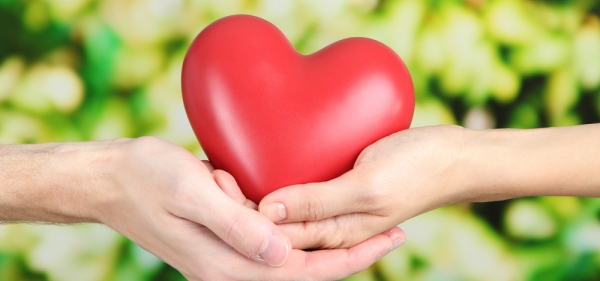Age-old declarations of love have been the subject of poetry, music, and art since time immemorial. But when it comes to expressing those three little words, ‘I love you,’ who is more likely to take the plunge first? The answer might surprise you.
In the dance of courtship and romance, it’s often assumed that women are the more emotionally expressive and, by extension, the more romantic gender. However, research from Humboldt University of Berlin suggests that men are actually the ones who often declare their love first. A 2011 study found that men consider saying ‘I love you’ a full 42 days before women do, on average. This revelation has led to a flurry of headlines celebrating men as the unsung romantics of our time.
You May Like
But before we start handing out medals for bravery in the face of love, let’s delve a little deeper into what might be driving these declarations. Could it be that men are truly the hopeless romantics, or is there more to the story?
Some might argue that societal expectations play a significant role in how men and women approach love. For women, saying ‘I love you’ might carry the weight of future commitments, such as starting a family, which can have profound implications for their careers and personal independence. This might explain why women take a more cautious approach to professing their love.
On the flip side, the research also indicates that men tend to take break-ups harder than women. This isn’t necessarily because they fall in love more deeply, but rather because of traditional gender roles that have left many men reliant on their partners for emotional support and domestic labour. When a relationship ends, men may find themselves without the skills or social networks to cope with the loss, making the break-up all the more challenging.
Iris V Wahring, the lead author of the research, points out that if men cultivated stronger friendships and emotional support systems outside of their romantic relationships, they might navigate the end of these relationships with greater resilience. Instead, the burden of emotional labour often falls on women, who may find themselves shouldering the responsibility for their partner’s well-being.
So, is the takeaway that men are the true romantics? It’s a bit more complicated than that. While men may be quicker to say ‘I love you’, it’s worth considering the motivations and societal dynamics at play. When a man professes his love, he might be envisioning the benefits of a committed partnership, which can include emotional support and, yes, even someone to take care of domestic tasks.
In light of these insights, it’s clear that love and romance are not as straightforward as they might seem. The next time you hear a man declare his love, it might be worth pondering the complexities behind those words. And for the men out there, remember that romance is about more than just saying ‘I love you’—it’s about building a partnership of equals, where love, support, and responsibilities are shared.
Do say: ‘I love you’, with sincerity and an understanding of the depth and responsibility those words entail.
Don’t say: ‘I love you’, with the expectation of what you’ll receive in return, whether it’s a home-cooked meal or a caretaker for your emotional needs. Love is a two-way street, and true romance flourishes when both partners are willing to give as much as they take.
What do you think—do men really say ‘I love you’ before women do? How do you view the role of societal expectations in romantic relationships? Share your thoughts in the comments below, and let’s keep the conversation going!
Also read: From loss to love: A global tale of healing and fate

